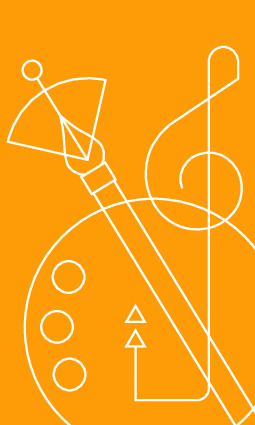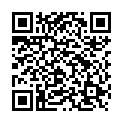|
|
|
| Module code: MAKM-140 |
|
|
4S (4 hours per week) |
|
6 |
| Semester: 1 |
| Mandatory course: yes |
Language of instruction:
German |
Assessment:
Term paper and presentation
[updated 24.09.2020]
|
Exam recurrence:
The information regarding exam recurrence is found within the exam policy of the study programme (ASPO).
|
MAKM-140 (P430-0009, P430-0010) Cultural Management, Master, ASPO 01.04.2020
, semester 1, mandatory course
|
60 class hours (= 45 clock hours) over a 15-week period.
The total student study time is 180 hours (equivalent to 6 ECTS credits).
There are therefore 135 hours available for class preparation and follow-up work and exam preparation.
|
Recommended prerequisites (modules):
None.
|
Recommended as prerequisite for:
|
Module coordinator:
Prof. Dr. Markku Klingelhöfer |
Lecturer:
Prof. Dr. Markku Klingelhöfer
wechselnde Dozierende
[updated 18.03.2025]
|
Learning outcomes:
In this course, students will learn to examine scientific-theoretical approaches, key concepts and the central fields of cultural history and cultural studies and to classify cultural social phenomena in terms of content and time. This is done by means of a scientific theoretical examination of culture in the broadest sense, by means of scientific-theoretical research and the presentation of intellectual-cultural life in different periods of time, and by means of a scientific-theoretical examination of various cultural theories from different centuries.
After successfully completing this module, students will:
_ be able to examine the concept of culture scientifically and theoretically,
_ understand the ambiguity of the concept of culture and, depending on the context, be able to classify it correctly,
_ be able to classify phenomena of cultural society (in terms of content and time),
_ be able to name various cultural theories and be familiar with their content,
_ be familiar with the principles underlying the main thematic areas of cultural studies (memory and remembrance, identity and collective identity, signs and symbols, media, time and space),
_ be able to acquire knowledge about various cultural studies topics in an interdisciplinary way (e.g. from the point of view of the fine arts and from the point of view of music),
_ know what is involved when one speaks of cultural studies and cultural history.
[updated 24.09.2020]
|
Module content:
Cultural studies and cultural history are umbrella terms for a multitude of different topics, because everything created by man falls under the concept of _culture_. That is why it is important to examine the multi-layered concept of culture and its correct, context-related classification in both a scientific and a theoretical manner. Since culture affects all areas of human life, the subject is also highly interdisciplinary. It comprises content from the fields of art history, musicology, linguistics, art and media studies, as well as social sciences. Therefore, the content of the course will convey the basics of the interdisciplinary, cultural-scientifically most relevant subject areas (memory and memory, identity and collective identity, signs and symbols, media, time and space), as well as the appropriate cultural theories for the respective subject areas. There will be at least one presentation topic for each topic area, which is dedicated to the superordinate topic (e.g. signs and symbols), thus deepening the content.
[updated 24.09.2020]
|
Teaching methods/Media:
In the seminar, topics relevant to cultural studies and cultural history will be explored and presented on the basis of exemplary topics; important theories of cultural history and cultural studies will also be discussed.
[updated 24.09.2020]
|
Recommended or required reading:
Literature:
_ Aleida Assmann: Einführung in die Kulturwissenschaft. Grundbegriffe, Themen, Fragestellungen. Berlin 2006.
_ Hartmut Böhme, Peter Matussek, Lothar Müller: Orientierung Kulturwissenschaft. Was sie kann, was sie will. Reinbek bei Hamburg 2 2002.
_ Michael Maurer: Kulturgeschichte. Eine Einführung. Köln 2008.
_ Achim Landwehr: Kulturgeschichte. Stuttgart 2009.
[updated 24.09.2020]
|


